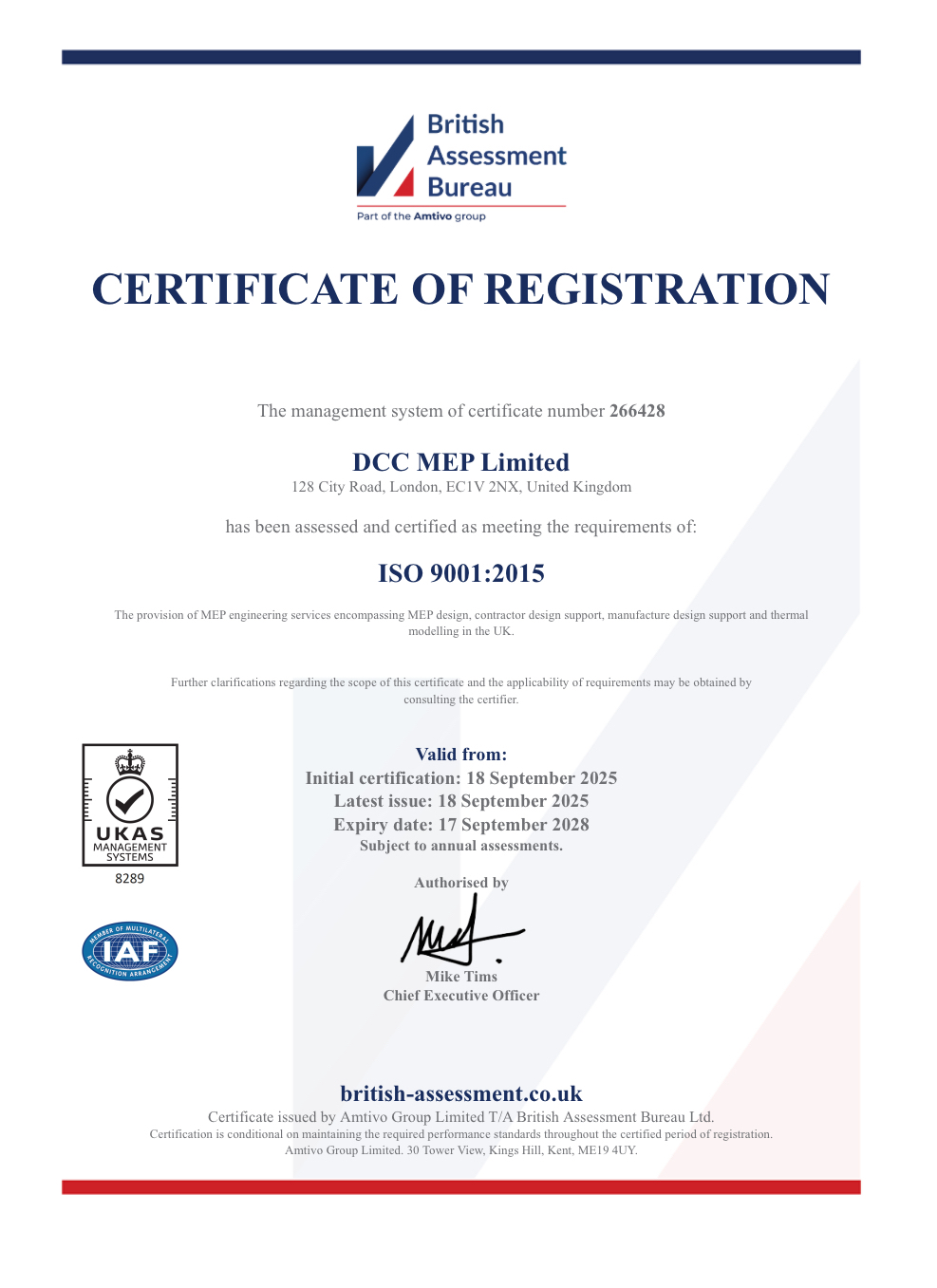As the world grapples with the challenges of climate change, sustainability has become a key focus across industries. In the Mechanical, Electrical, and Plumbing (MEP) sector, sustainable practices are no longer just an option—they are a necessity. MEP systems play a critical role in a building’s environmental footprint, and adopting eco-friendly approaches can significantly reduce energy consumption, minimize waste, and create healthier spaces.
Here’s a closer look at how sustainability is shaping the MEP industry and the innovative strategies driving this transformation.
-
Energy-Efficient Mechanical Systems
Heating, ventilation, and air conditioning (HVAC) systems are among the largest energy consumers in buildings. Advancements in technology have paved the way for more energy-efficient solutions, including:
- Smart HVAC Systems: Equipped with sensors and automation, these systems adjust heating and cooling based on real-time occupancy and weather conditions, reducing energy waste.
- Heat Recovery Ventilation (HRV): Capturing and reusing heat from exhaust air to preheat incoming fresh air improves energy efficiency without compromising indoor air quality.
- Geothermal Heat Pumps: Utilising the earth’s consistent temperature to regulate indoor climates offers a sustainable alternative to traditional HVAC systems.
-
Green Electrical Solutions
Electrical systems are at the heart of energy management in buildings. Sustainable practices in this area include:
- LED Lighting: Energy-efficient and long-lasting, LED lights consume significantly less energy than traditional incandescent bulbs.
- Renewable Energy Integration: Incorporating solar panels, wind turbines, and other renewable sources to power buildings reduces reliance on fossil fuels.
- Smart Building Automation: Advanced systems allow real-time monitoring and optimisation of energy usage, lighting, and equipment, ensuring no energy is wasted.
-
Water Conservation in Plumbing
Water scarcity is a growing global concern, and sustainable plumbing systems play a vital role in conservation efforts. Key innovations include:
- Low-Flow Fixtures: Installing faucets, showerheads, and toilets that use less water without compromising functionality.
- Rainwater Harvesting Systems: Capturing and reusing rainwater for non-potable uses like irrigation and flushing.
- Greywater Recycling: Treating wastewater from sinks, showers, and washing machines for reuse in landscaping and other applications.
-
Sustainable Materials and Construction Practices
Incorporating sustainable materials and methods is a critical aspect of eco-friendly MEP design and installation:
- Recyclable and Low-Carbon Materials: Using materials with a smaller carbon footprint and high recyclability, such as aluminium or steel with recycled content.
- Modular MEP Systems: Prefabricated systems reduce waste and energy consumption during construction, ensuring faster and more efficient installations.
- Green Building Certifications: Designing systems that meet standards like LEED, BREEAM, or WELL Building Standard encourages accountability and innovation.
-
The Role of Technology
Digital tools and technologies are key to driving sustainability in the MEP industry. For instance:
- Building Information Modelling (BIM): Enhances collaboration and minimises errors, leading to more efficient designs and reduced material waste.
- Energy Modelling Software: Simulates a building’s energy performance, helping to optimize MEP systems during the design phase.
- IoT-Enabled Systems: Collect and analyse data to optimise energy use, predict maintenance needs, and improve system performance.
-
The Future of Sustainability in MEP
As regulations tighten and consumer demand for sustainable solutions grows, the MEP industry is poised for rapid transformation. Trends such as net-zero energy buildings, circular economy principles, and advanced renewable energy integration are paving the way for a greener future.
Companies that prioritise sustainability not only reduce their environmental impact but also position themselves as leaders in an increasingly eco-conscious market. By focusing on innovation, collaboration, and a commitment to environmental stewardship, the MEP sector can be a driving force in the global sustainability movement.
At DCC MEP Ltd, Sustainability is Our Priority
At DCC MEP Ltd, we’re dedicated to designing and implementing MEP solutions that balance performance with environmental responsibility. From energy-efficient systems to water-saving technologies, we’re committed to helping our clients achieve their sustainability goals.
Let’s build a greener future together—contact us today to learn how we can support your next sustainable project!




